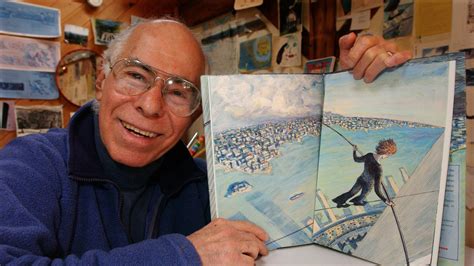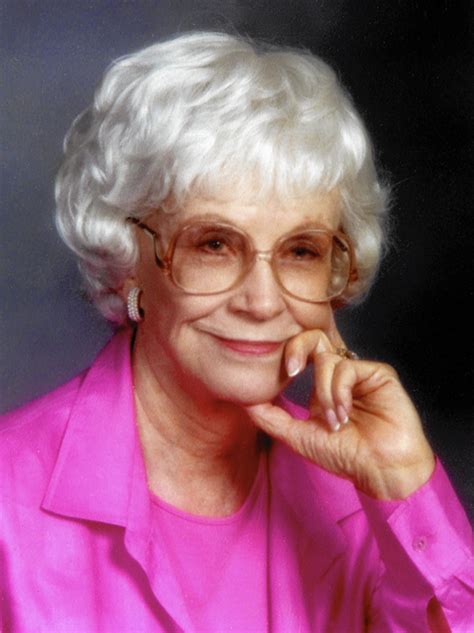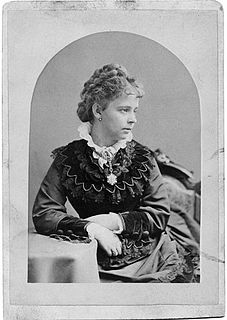A Quote by Sarah Waters
She supposed that houses, after all - like the lives that were lived in them - were mostly made of space. It was the spaces, in fact, which counted, rather than the bricks.
Related Quotes
Well, 9/11 made me think about the towers, and the fact that I lived in New York for a long time, while they were being built. In fact, I had a studio that was ripped out, along with the whole neighborhood, to put the towers in. I saw them go up. I lived with them, running past them in the morning. And they were like part of my furniture.
The newspaper stories were like dreams to us, bad dreams dreamt by others. How awful, we would say, and they were, but they were awful without being believable. They were too melodramatic, they had a dimension that was not the dimension of our lives. We were the people who were not in the papers. We lived in the blank white spaces at the edges of print. It gave us more freedom. We lived in the gaps between the stories.
It was the first time I was looking, really, right after the storm, that I saw maybe the amount of devastation that had happened in the Lower Ninth Ward. Where my friends lived, which was about six blocks from where the industrial canal was, houses was smashed into houses, and there were, like, four houses smashed together.
The charged life, then, usually calls to us after we have done what we were supposed to do, become who we thought we were supposed to be, lived as we thought we were supposed to live. Then the safety and comfort and compromise get to us, and a stirring of restlessness and revolution sends us off in search of greater adventures and meaning. From THE CHARGE
Patti [ Scialfa] was an artist and a musician and she was a songwriter. And she was a lot like me in that she was transient also. She worked busking on the streets in New York. She waitressed. She had - she just lived a life - she lived a musician's life. She lived an artist's life. So we were both people who were very uncomfortable in a domestic setting, getting together and trying to build one and seeing if our particularly strange jigsaw puzzle pieces were going to fit together in a way that was going to create something different for the two of us. And it did.
Books were the window from which I looked out of a rather meager and decidedly narrow room onto a rich and wonderful universe. I loved the look and feel of books, even the smell... Libraries were treasure houses. I always entered them with a slight thrill of disbelief that all their endless riches were mine for the borrowing.
The unicorn lived in a lilac wood, and she lived all alone. She was very old, though she did not know it, and she was no longer the careless color of sea foam but rather the color of snow falling on a moonlit night. But her eyes were still clear and unwearied, and she still moved like a shadow on the sea.
These boys, now, were living as we'd been living then, they were growing up with a rush and their heads bumped abruptly against the low ceiling of their actual possibilities. They were filled with rage. All they really knew were two darknesses, the darkness of their lives, which were now closing in on them, and the darkness of the movies, which had blinded them to that other darkness, and in which they now, vindictively, dreamed, at once more together than they were at any other time, and more alone.





































